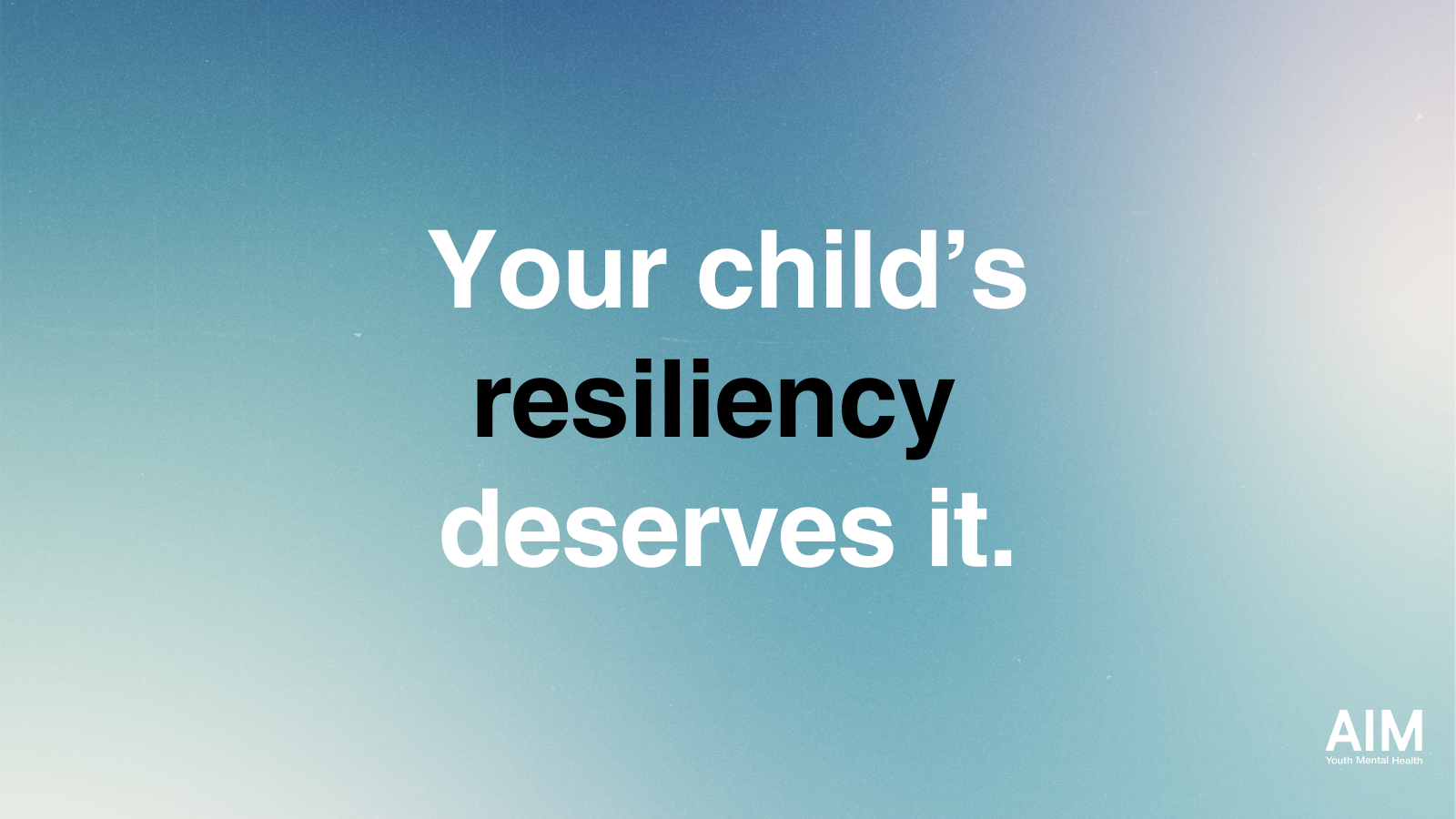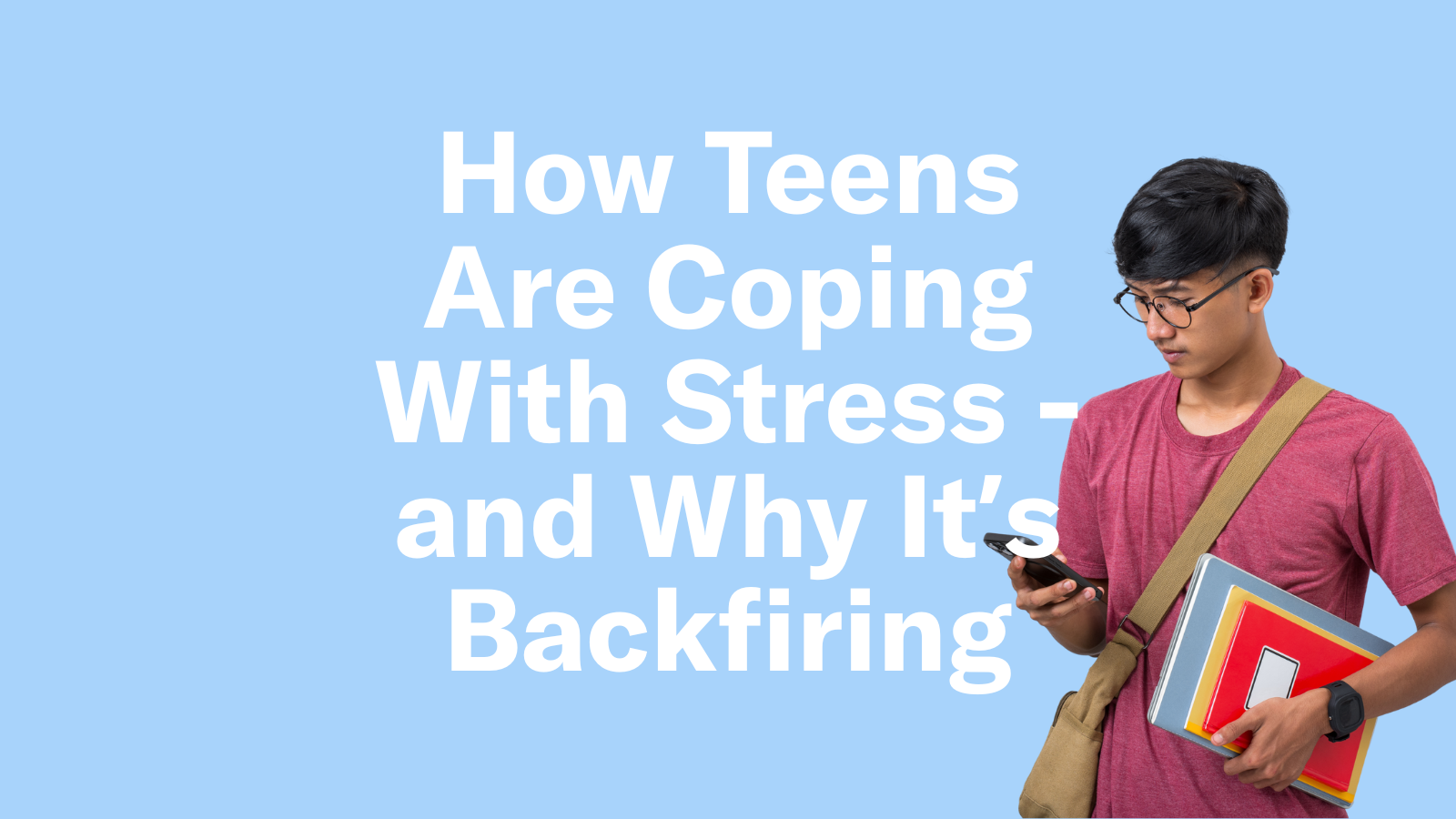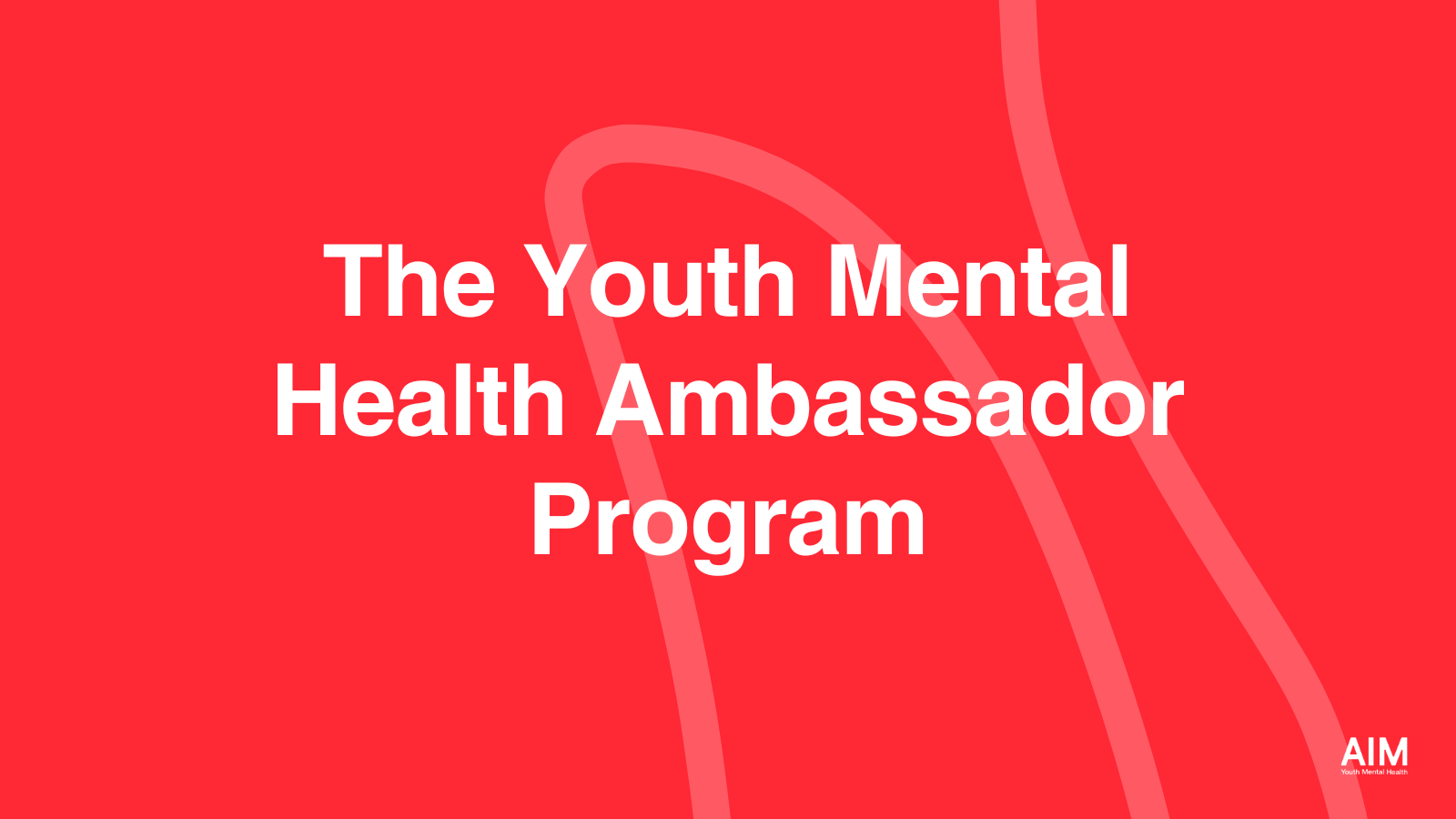In a recent rabbit hole of endless online scrolling, I stumbled upon speaker, author, and host Mel Robbins speaking to a teenager, ironically enough, about parenting. The teen said that he once heard a piece of parenting advice that stuck with him: parents should be coaches. They can cheer, offer advice, witness, instruct, support, and guide… but they cannot step onto the field.
With this dynamic in mind, parents can help their children to become resilient and confident navigating the field, by knowing a strong support system is in their corner with the space to practice everyday human complexities on their own.
This balance offers youth better chances at higher self esteem, self trust, and frankly, tenacity—and they seem to know it. Youth don’t have blinders on to the state of the world or the fact that they will face many challenges in their lifetime, and they want the support to help navigate it.
From the time toddlers start taking tumbles, parents begin their efforts to help their children cultivate resilience, their ability to bounce back from difficulties. Improving resilience is a practiced skill that supports children to navigate failures quickly, motivating them to get back on the horse and try again. Yet, as difficulties move from falling off the swings into experiencing microaggressions in the classroom, parenting challenges grow proportionally alongside their kin.
Talking about race can be hard; and, your child’s resiliency deserves it.
Adding to our list of things we agree with Mel Robbins on, AIM’s Ideas Lab also believes in engaging youth to find new perspectives on youth challenges. When it comes to mental health challenges, teens across California were abundantly clear: they need parents to learn how to talk about and support youth mental health difficulties. Undoubtedly contributing to a safe and supportive mental health dynamic, is having conversations about race.

The impact of racism and discrimination on BIPOC youth have the potential to create long-lasting adverse outcomes on their development, including mental health, substance use, and other risk-taking behaviors. This is particularly true of mixed-race youth, who are more likely to be at risk of poor mental health outcomes than their single-race counterparts.
Similar to the advice from youth on mental health at large, the best thing parents can do to support their kids is to talk about it. Conversations around race and ethnicity can build self-esteem and coping skills for youth, particularly in their ability to face (unfortunately inevitable) discrimination.
To be clear, while Black, Asian, and Latinx children face more discrimination and bias than their white peers, conversations around race, bias, and discrimination are important for children of all backgrounds. In hopes of a future of mentally healthy and resilient youth, these conversations are a necessity to foster each unique child’s self awareness and an understanding of their peers and the world around them. Open conversations between parents and young children around difficult experiences helps build emotion regulation and self-esteem. And one such developing program is aimed at doing exactly that.
One Talk at a Time helps parents and caregivers to build skills and confidence around having conversations about race with their children. This research-based program guides parents to have a more robust understanding of their children’s challenging experiences and difficult emotions—supporting emotion regulation skills and higher self-esteem in their children simply by the act of an open conversation around difficult experiences. The proposed guidelines from One Talk at a Time coincide with other research-backed supportive structures (such as Dr. Fivush’s research at the Family Narratives Lab at Emory University).
The crux of their findings is that just by opening the door to these conversations, children begin to explore and think about their experiences in a new way. Engaging and thought-provoking conversations with your child can happen in the quotidian moments of your day to day life. In fact, with this approach, there is less pressure on parents to have “a big talk” and more opportunity for your child to digest and explore their experiences over time.
In addition to imbuing themes of race, bias, and discrimination into casual and routine conversation with your children, some other research-backed ways to have these conversations with growing minds, include:
- Validating — recognizing and honoring your child’s experience, especially when different from your own, is important in fostering trust and autonomy.
- Asking — asking open-ended questions about your child’s experience helps them to examine and express their experiences and emotions.
- Perspective-taking — offering your perspective, or that of someone else, can help your child to learn the ability to see things from another’s standpoint, even if that standpoint is flawed, different, or in disagreement with your own. This is particularly key in building empathy and resilience in children.
- Gentle reframing — if appropriate, gently reframing scenarios can help children to see actions in real time with more nuance or empathy. This can also help your child to not take on other’s burdens or take negative situations personally, contributing to their healthy boundaries and self concept.
While it feels like having “the talk” can refer to a myriad of complex conversations between a parent and child these days, consider opening the door to simply talk. Consider the power of small moments—driving your kid to school, waiting in line for ice cream, or having conversations before their head hits the pillow. How you live everyday is how you live your life. By bringing importance and reverence to themes such as racial discrimination into daily routine, parents can begin to coach their kids on how to be a resilient, empathetic, and mentally healthy human being. And couldn’t we use a few more of those in the world right about now?
____________________________________
About the Author
Meadowlark Monaghan (she/hers) is a consultant using her knowledge gained as a mental health professional to act as a liaison between brands, creators, + online communities with the field of psychology and mental health. She also co-hosts the personal development podcast, Thoughts May Vary. Her work has been seen with Madhappy, Local Optimist, The Mayfair Group, Lonely Ghost, AIM Youth Mental Health, NAMI San Diego and more.





